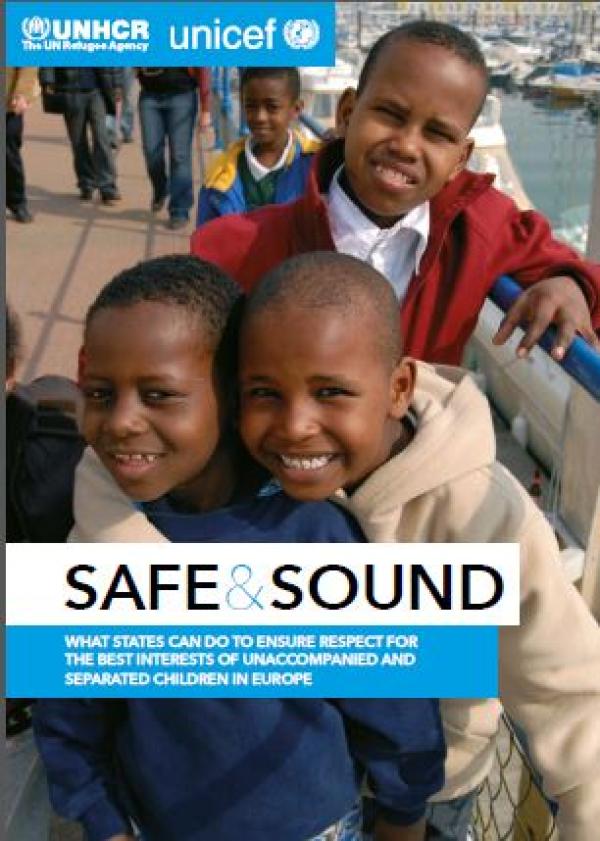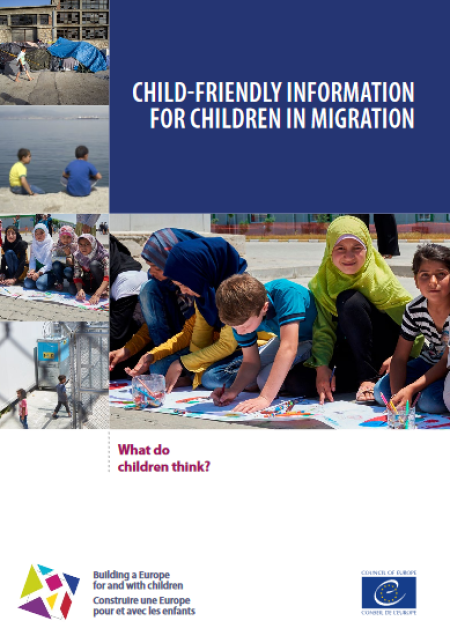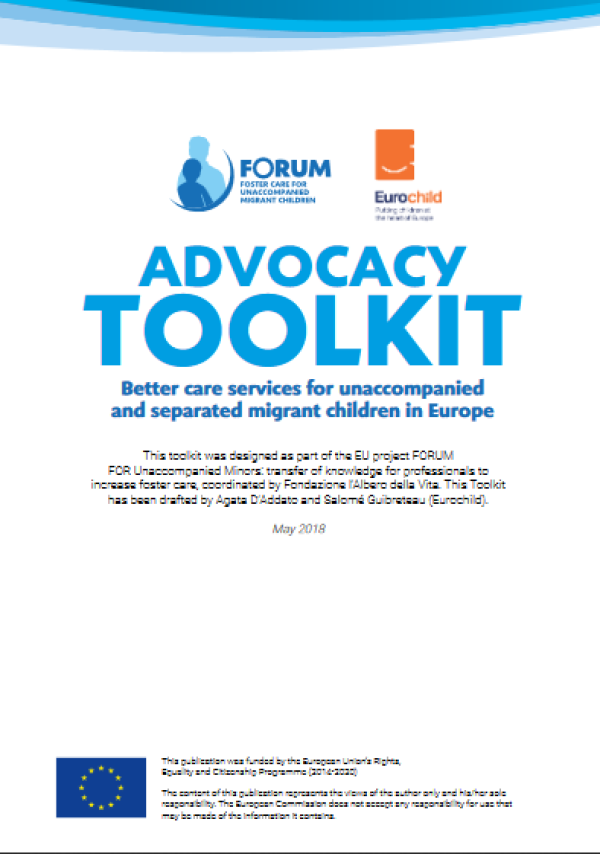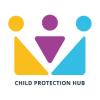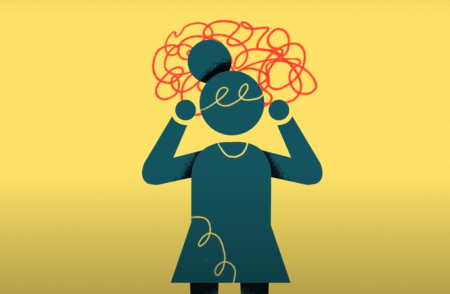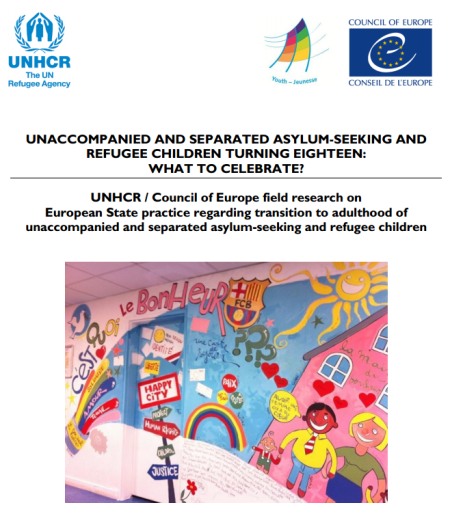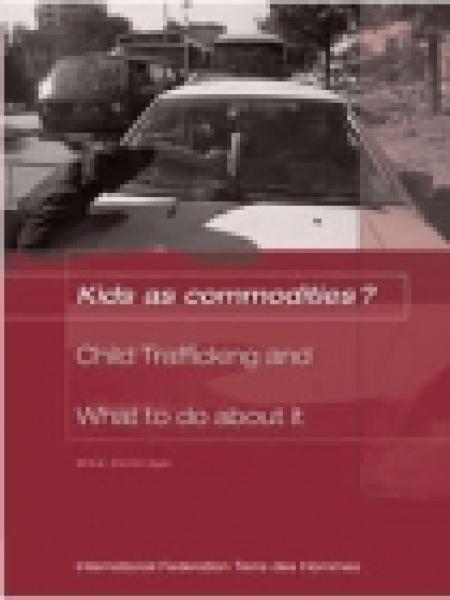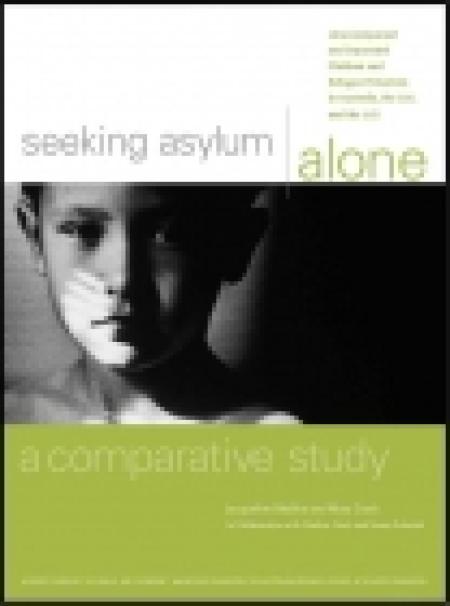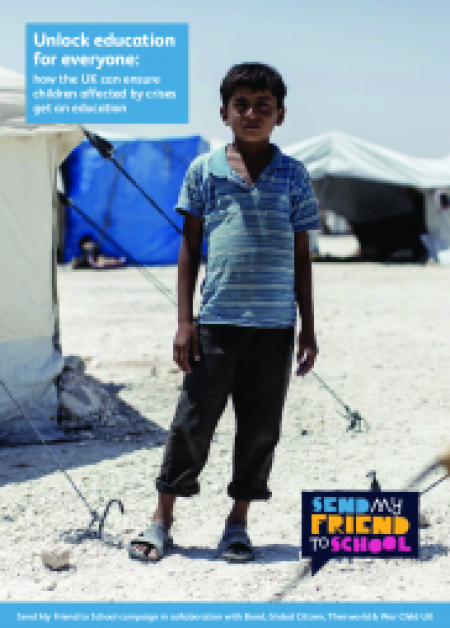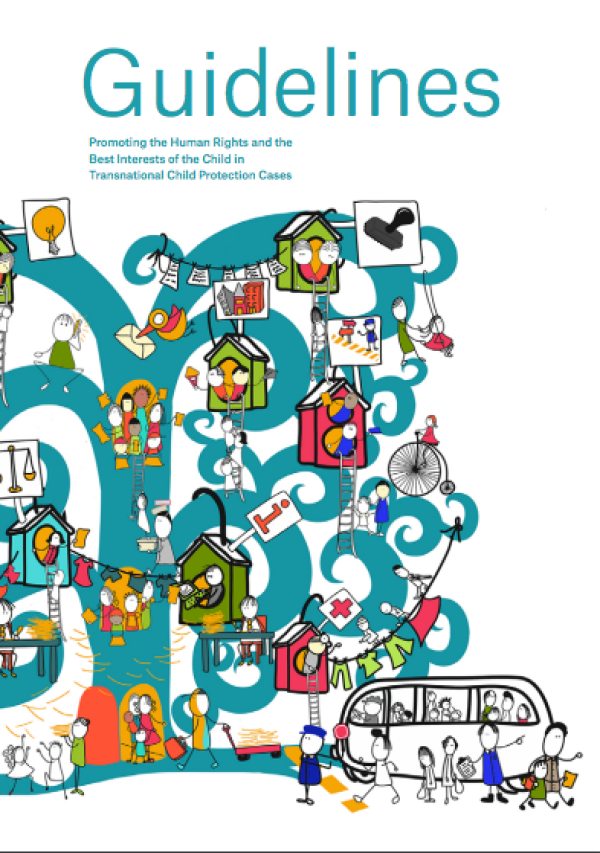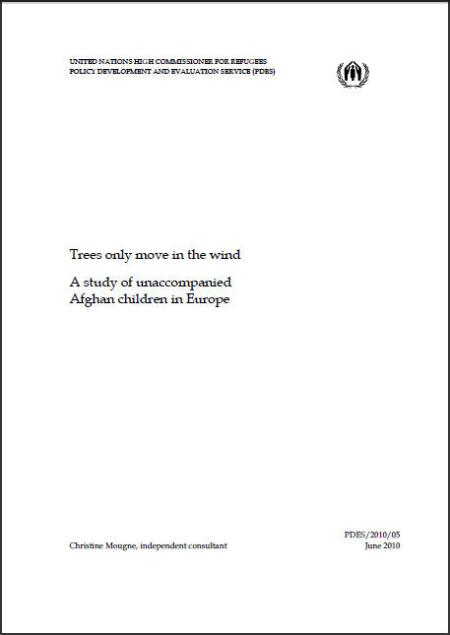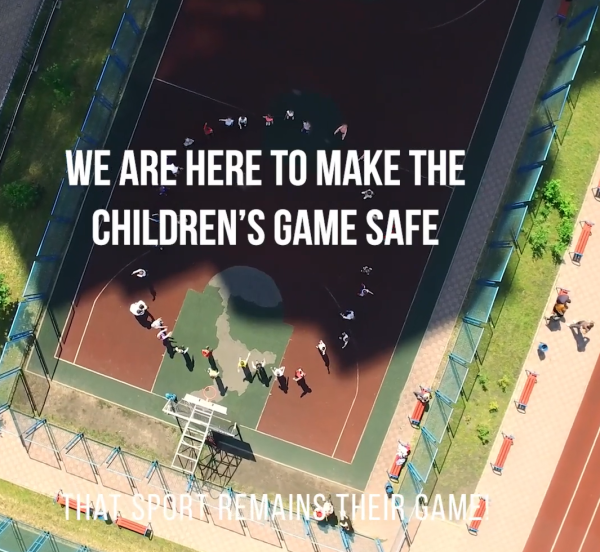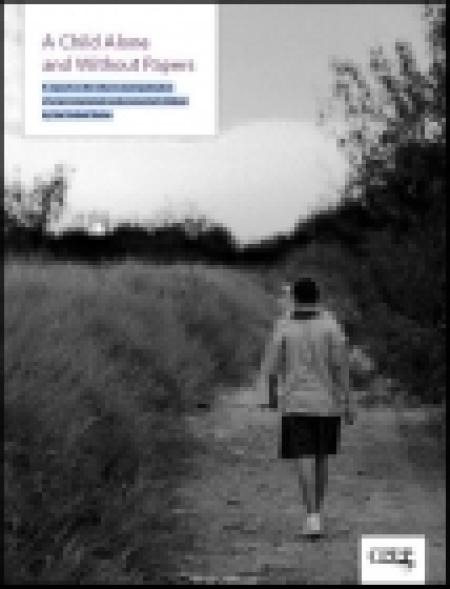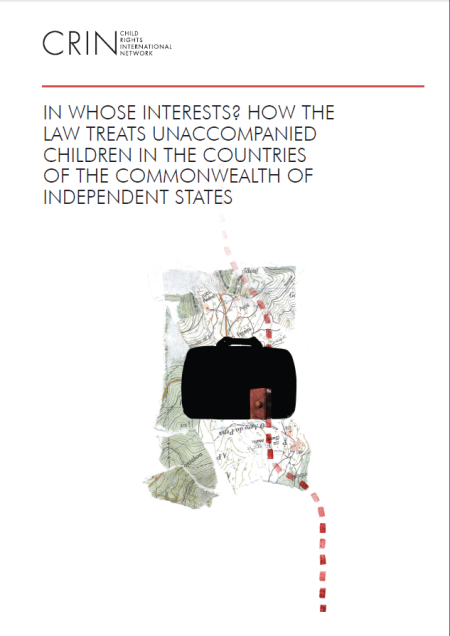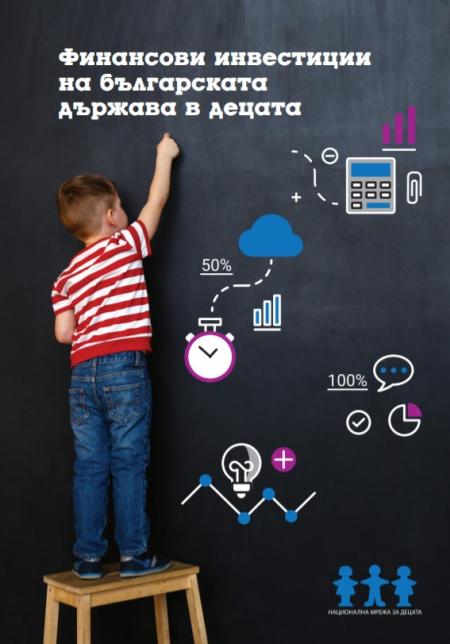
This document aims to support States in the EU and EFTA in applying the best interests principle as a primary consideration when dealing with unaccompanied and separated children in their territory. This document recognizes that applying this principle may take a variety of forms and thus does not seek to prescribe any one set of structures or procedures. It does, however, offer suggestions of elements that States may choose to include so as to meet international legal standards and obligations. This document has been primarily designed for use by policy makers and public and private institutions in the EU and EFTA countries seeking to establish or improve arrangements for identifying unaccompanied and separated children, and according primary consideration to their best interests, including when identifying durable solutions for them. It may also be of interest to other actors in child protection systems such as lawyers, social workers, representatives/ guardians, the judiciary and children’s ombudspersons. Thus, while the document builds on the legal and policy framework in place regionally, the best interests principle in Article 3 of the CRC applies to any State that has ratified the CRC. Therefore this document may offer inspiration to other countries that are developing or improving their child protection, international protection and immigration systems.


